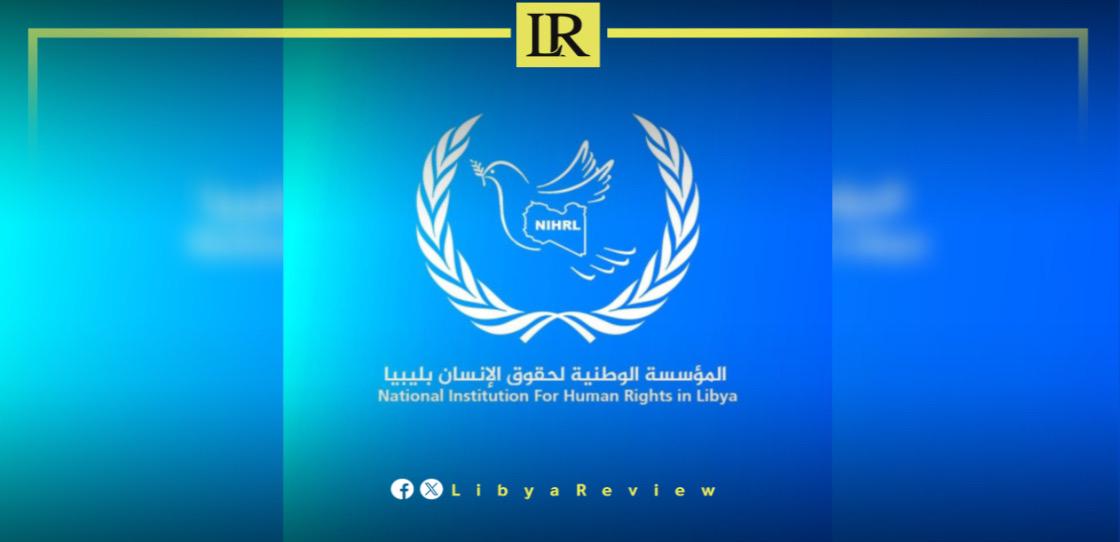The National Institution for Human Rights in Libya (NIHRL) has released its annual statistical report on complaints, notifications, and grievances received during 2024. The report covers the period from January 1 to December 30, 2024, and provides insights into the nature of violations, the institution’s response mechanisms, and the wider context of human rights in Libya.
Key Findings
Volume of Complaints and Reports: The NIHRL documented a significant number of complaints and grievances from citizens regarding human rights violations and abuses. The report categorizes these complaints and provides a breakdown of the cases handled and forwarded to relevant judicial and administrative bodies.
Areas of Focus: The institution prioritized monitoring and addressing violations, including:
– Political and civil rights breaches, such as restrictions on freedom of expression, peaceful assembly, and press freedom.
– Social and economic rights violations, including labor issues and access to basic services.
– Violations against vulnerable groups, including refugees, displaced persons, and detainees.
Response and Actions
The NIHRL highlighted its commitment to:
1. Legal Support: Offering legal aid and support to victims of violations, emphasizing the importance of upholding the rule of law.
2. Awareness Campaigns: Promoting human rights awareness to prevent future violations and ensure societal stability.
3. Documentation and Advocacy: Providing detailed documentation of incidents and working closely with local and international organizations to address human rights concerns.
Institutional Collaboration
The NIHRL underscored its collaboration with the General Attorney’s Office, the Ministry of Justice, and the Ministry of Interior. These partnerships were pivotal in ensuring effective follow-up on complaints and achieving tangible outcomes for victims.
Additionally, the institution expressed appreciation for the cooperation of international bodies, including UN agencies and NGOs, in supporting its mission.
Statistical Highlights
The 2024 report revealed:
– A rise in complaints compared to previous years, attributed to increased public awareness of the institution’s role.
– Notable cases of political detentions, unfair trials, and violations of freedom of expression and assembly.
– A need for further capacity-building within the NIHRL to address the growing number of complaints effectively.
Broader Implications
The NIHRL’s report draws attention to persistent challenges in Libya, including heightened political tensions, ongoing armed conflicts, and systemic barriers to justice. It calls for a unified national effort to safeguard human rights and promote accountability.


